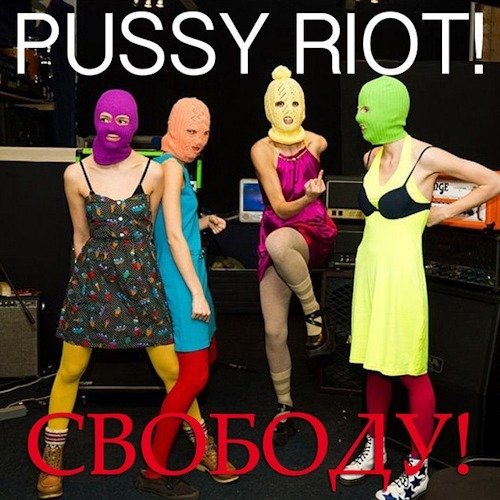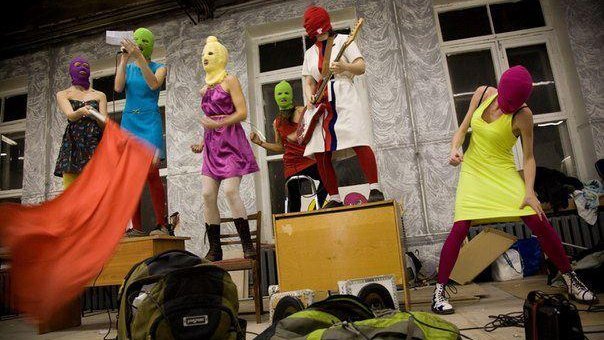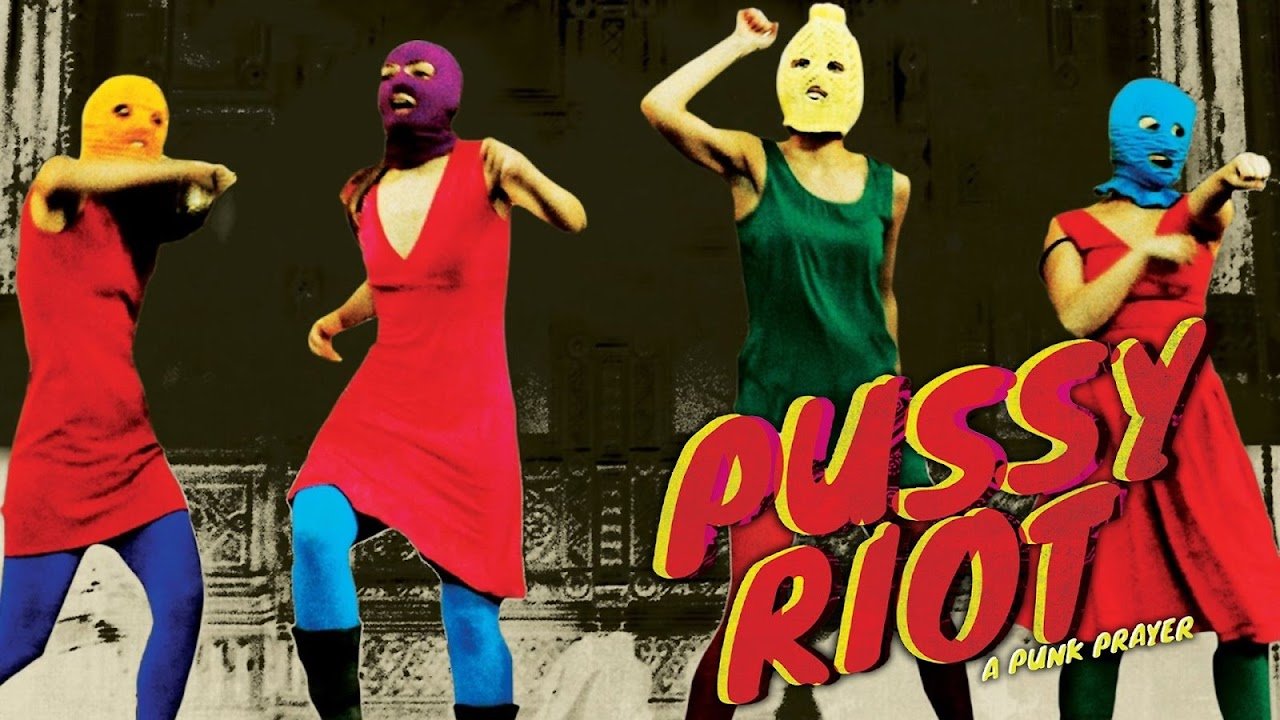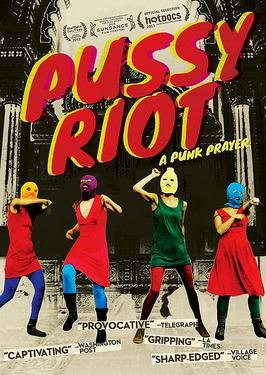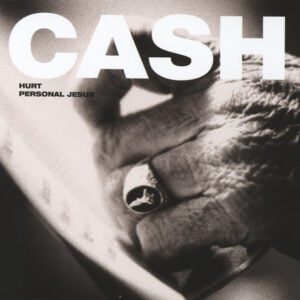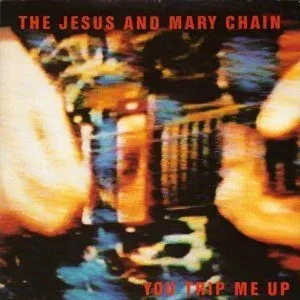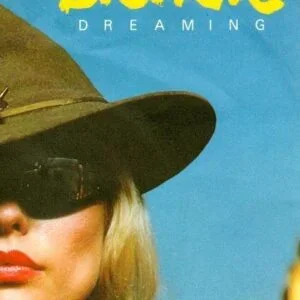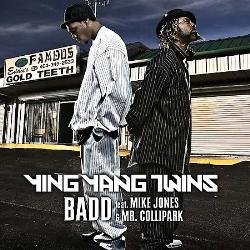Pussy Riot – Панк-молебен Punk-Prayer
Description

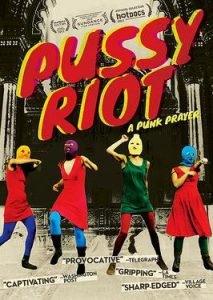
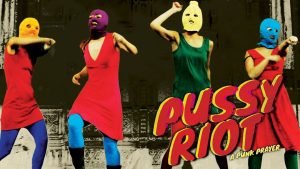
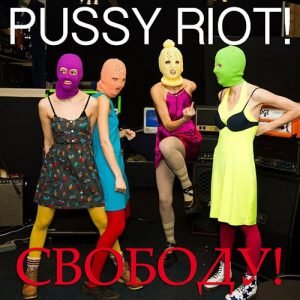
Pussy Riot: A Punk Prayer (Russian: Показательный процесс: История Pussy Riot, romanized: Pokazatel’nyy protsess: Istoriya Pussy Riot, lit. ‘Show Trial: The Pussy Riot Story’) is a 2013 documentary film by Mike Lerner and Maxim Pozdorovkin. The film follows the court cases on the Russian feminist/anti-Putinist punk-rock protest group Pussy Riot. Directed by Lerner and Pozdorovkin, the film featured publicly available footage of the court proceedings and interviews with the families of the band members, but no interviews with the band members themselves.
The HBO network subsequently bought the U.S. television rights to the film. The film aired on HBO on 10 June 2013.
The BBC showed the film on 21 October 2013 in its Storyville series of documentaries. Reviews have generally been generally positive.
Overview
On 21 February 2012, five members of the group staged a performance on the soleas of Moscow‘s Cathedral of Christ the Savior. Their actions were stopped by church security officials. By evening, they had turned it into a music video entitled “Punk Prayer – Mother of God, Chase Putin Away!”. The women said their protest was directed at the Orthodox Church leader’s support for Putin during his election campaign.
On 3 March, two of the group members, Nadezhda Tolokonnikova and Maria Alyokhina, were arrested and charged with hooliganism. A third member, Yekaterina Samutsevich, was arrested on 16 March. Denied bail, they were held in custody until their trial began in late July. On 17 August, the three members were convicted of hooliganism motivated by religious hatred, and each was sentenced to two years imprisonment. Two other members of the group, who escaped arrest after February’s protest, reportedly left Russia fearing prosecution. On 10 October, following an appeal, Samutsevich was freed on probation, her sentence suspended. The sentences of the other two women were upheld.[11] In late October, Alyokhina and Tolokonnikova were separated and sent to prison.
The trial and sentence attracted considerable criticism, particularly in the West. The case was adopted by human rights groups including Amnesty International, which designated the women prisoners of conscience, and by a wide range of musicians including Madonna, Sting, and Yoko Ono. Public opinion in Russia was generally less sympathetic towards the women. Putin stated that the band had “undermined the moral foundations” of the nation and “got what they asked for”.
Prime Minister Dmitry Medvedev said he did not think the three members of Pussy Riot should have been sent to jail, but stressed that the release of the remaining two imprisoned members was a matter for the courts.
Interviewees
- Nadezhda Tolokonnikova
- Maria Alyokhina
- Yekaterina Samutsevich
- Mark Feygin
- Nikolai Polozov
- Stanislav Samutsevich
- Andrey Tolokonnikov
- Peter Verzilov
- Violetta Volkova
- Natalia Alyokhina


